Introduction
If you're a dog parent, you've probably wondered, "How much should my dog sleep?" Well, you're in the right place! We're about to dive into everything you need to know about your furry friend's sleep habits. So grab a cup of coffee, get comfy, and let's chat about doggy dreams.
Why Sleep is Important for Dogs
Just like humans, dogs need sleep to stay healthy and happy. Sleep helps their bodies repair and grow, boosts their immune system, and keeps their brains sharp. When your dog gets enough rest, you'll notice they are more playful, better behaved, and overall happier.
Average Sleep Requirements by Age

Puppies
Puppies are little balls of energy, but they need a lot of sleep to grow. On average, a puppy can sleep between 18 to 20 hours a day. This might seem like a lot, but remember, they're growing at a rapid pace!
Adult Dogs
Adult dogs typically need about 12 to 14 hours of sleep each day. This can vary depending on their activity level, breed, and overall health. An active dog might need a bit more rest to recover from their daily adventures.
Senior Dogs
As dogs age, they tend to sleep more, often around 14 to 18 hours a day. This extra sleep helps them recover from the aches and pains that come with getting older.
Factors Affecting Dog's Sleep
Breed
Different breeds have different sleep needs. For example, larger breeds like Mastiffs and Saint Bernards may sleep more than smaller breeds like Chihuahuas and Jack Russell Terriers.
Size
Size can influence sleep duration. Generally, larger dogs need more sleep compared to smaller dogs.
Activity Level
Active dogs, such as working breeds, need plenty of rest to recover from their daily exertions. Less active dogs might not need as much sleep.
Health Conditions
Health issues can also affect your dog's sleep. Dogs with certain conditions, like arthritis or anxiety, might struggle to get a good night's rest.
Understanding Your Dog's Sleep Cycle
Dogs, like humans, go through different stages of sleep.
REM Sleep in Dogs
Rapid Eye Movement (REM) sleep is when dogs dream. You might notice their paws twitching or hear them softly barking in their sleep. REM sleep is crucial for mental restoration.
Non-REM Sleep in Dogs
Non-REM sleep is the deep, restorative sleep where the body repairs itself. This stage is essential for physical health.
Comparing Dog Sleep Cycles to Human Sleep Cycles
While humans have a monophasic sleep pattern (one long sleep), dogs have a polyphasic pattern, meaning they sleep multiple times throughout the day and night.
Common Sleep Patterns in Dogs
Polyphasic Sleep
Dogs typically sleep in short bursts, taking several naps throughout the day. This polyphasic sleep pattern helps them stay alert and ready for action.
Sleep Patterns During the Day vs. Night
Most dogs will follow their human's schedule, sleeping more at night and being active during the day. However, they still need their daytime naps!
Signs Your Dog is Not Getting Enough Sleep
Behavioral Signs
Is your dog more irritable or hyperactive than usual? These could be signs they're not getting enough sleep.
Physical Signs
Look for signs like red eyes, excessive yawning, and a lack of energy. These can indicate sleep deprivation.
How to Improve Your Dog's Sleep Quality

Creating a Comfortable Sleeping Environment
Make sure your dog's bed is comfy and supportive. A good bed can make a huge difference in their sleep quality.
Maintaining a Regular Sleep Schedule
Dogs thrive on routine. Try to keep their sleep schedule consistent, even on weekends.
Ensuring Proper Exercise and Diet
A well-exercised dog is a tired dog. Regular exercise and a balanced diet can promote better sleep.
Dealing with Sleep Disorders in Dogs
Common Sleep Disorders
Dogs can suffer from sleep disorders like insomnia, sleep apnea, and narcolepsy. These require attention and, often, professional help.
When to See a Vet
If you suspect your dog has a sleep disorder, it's essential to consult your vet. They can diagnose and suggest appropriate treatments.
Creating a Dog-Friendly Sleep Space
Bedding Choices
Choose a bed that's appropriate for your dog's size and sleeping style. Orthopedic beds can be great for older dogs.
Ideal Locations for Dog Beds
Place the bed in a quiet, low-traffic area. Avoid placing it near drafts or in direct sunlight.
Importance of Quiet and Darkness
Dogs sleep better in a quiet, dark environment. Consider using blackout curtains and minimizing noise.
The Role of Diet in Your Dog’s Sleep
Foods that Promote Good Sleep
Some foods can help promote sleep, such as those rich in tryptophan (like turkey) or certain grains.
Avoiding Stimulants and Inappropriate Food
Avoid giving your dog caffeine, chocolate, or other stimulants. These can disrupt their sleep.
Exercise and Its Impact on Sleep

Daily Exercise Needs
Regular exercise is crucial for a good night's sleep. Make sure your dog gets enough physical activity each day.
Best Times to Exercise for Optimal Sleep
Try to schedule exercise sessions at least a few hours before bedtime. This helps your dog wind down and prepare for sleep.
Mental Stimulation and Its Effects on Sleep
Importance of Mental Activities
Just like physical exercise, mental stimulation is vital for your dog's well-being and can improve their sleep.
Examples of Mental Stimulation
Puzzle toys, training sessions, and interactive play can keep your dog mentally sharp and tired.
Routine Vet Visits and Sleep Health
Importance of Regular Check-ups
Regular vet visits ensure your dog is healthy and can help catch any sleep-related issues early.
How Vets Can Help with Sleep Issues
Vets can provide guidance on managing sleep disorders and recommend treatments if necessary.
Conclusion
Understanding your dog's sleep needs is crucial for their health and happiness. By ensuring they get the right amount of sleep, creating a comfortable sleeping environment, and maintaining a regular routine, you can help your furry friend stay well-rested and full of energy.
FAQs
How can I tell if my dog is getting enough sleep?
Look for signs of well-being like a consistent energy level, good mood, and no signs of physical stress such as red eyes or excessive yawning.
What should I do if my dog is restless at night?
Ensure they have a comfortable sleeping environment, maintain a consistent sleep schedule, and consider increasing their daytime exercise.
Are there any natural remedies to help my dog sleep better?
Yes, calming supplements like melatonin or natural remedies such as chamomile can sometimes help, but always consult your vet first.
How much should puppies sleep compared to adult dogs?
Puppies generally need 18 to 20 hours of sleep per day, while adult dogs need about 12 to 14 hours.
Can a dog’s sleep be too much?
While it's normal for some dogs to sleep a lot, excessive sleep can sometimes indicate health issues. If you're concerned, consult your vet.


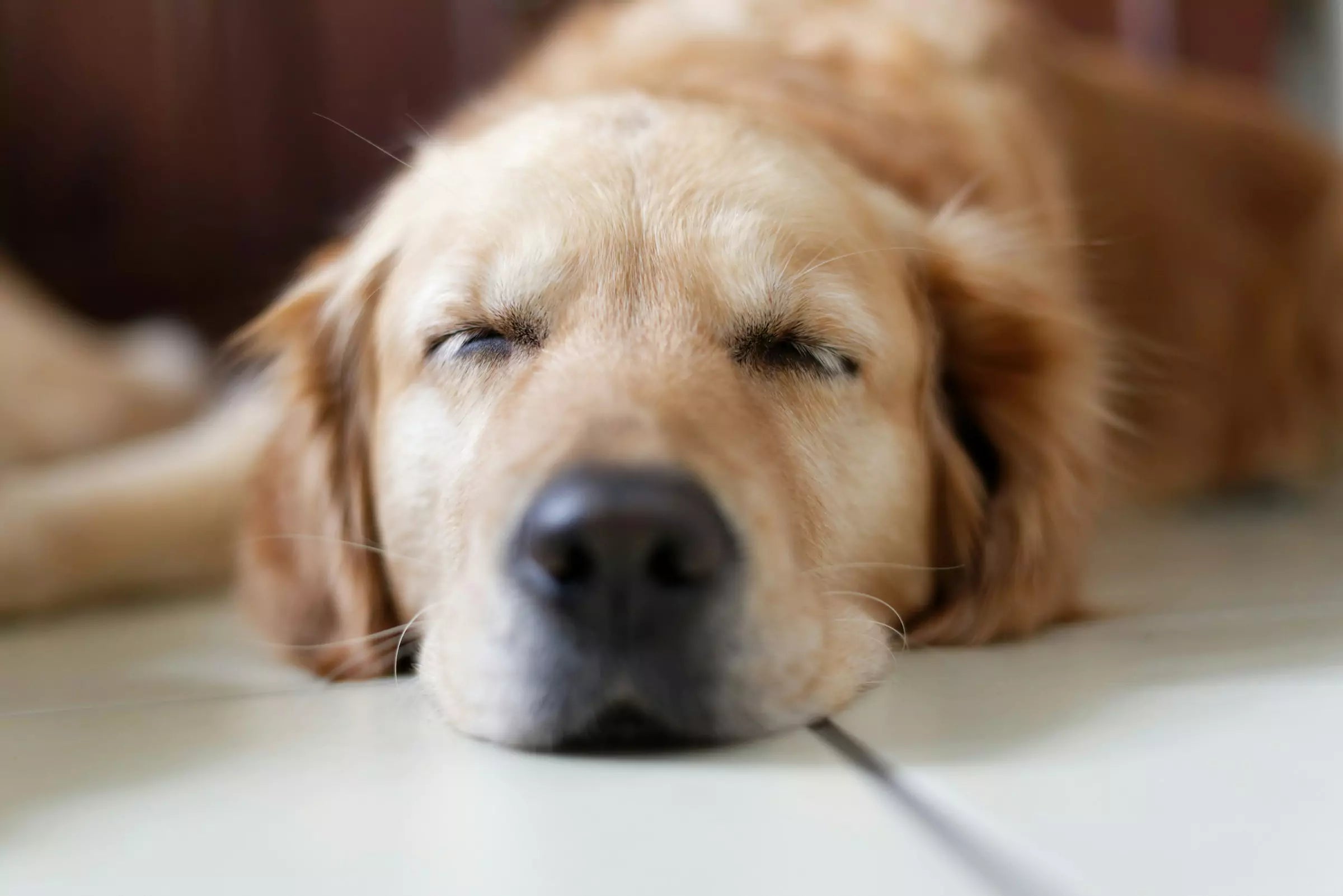
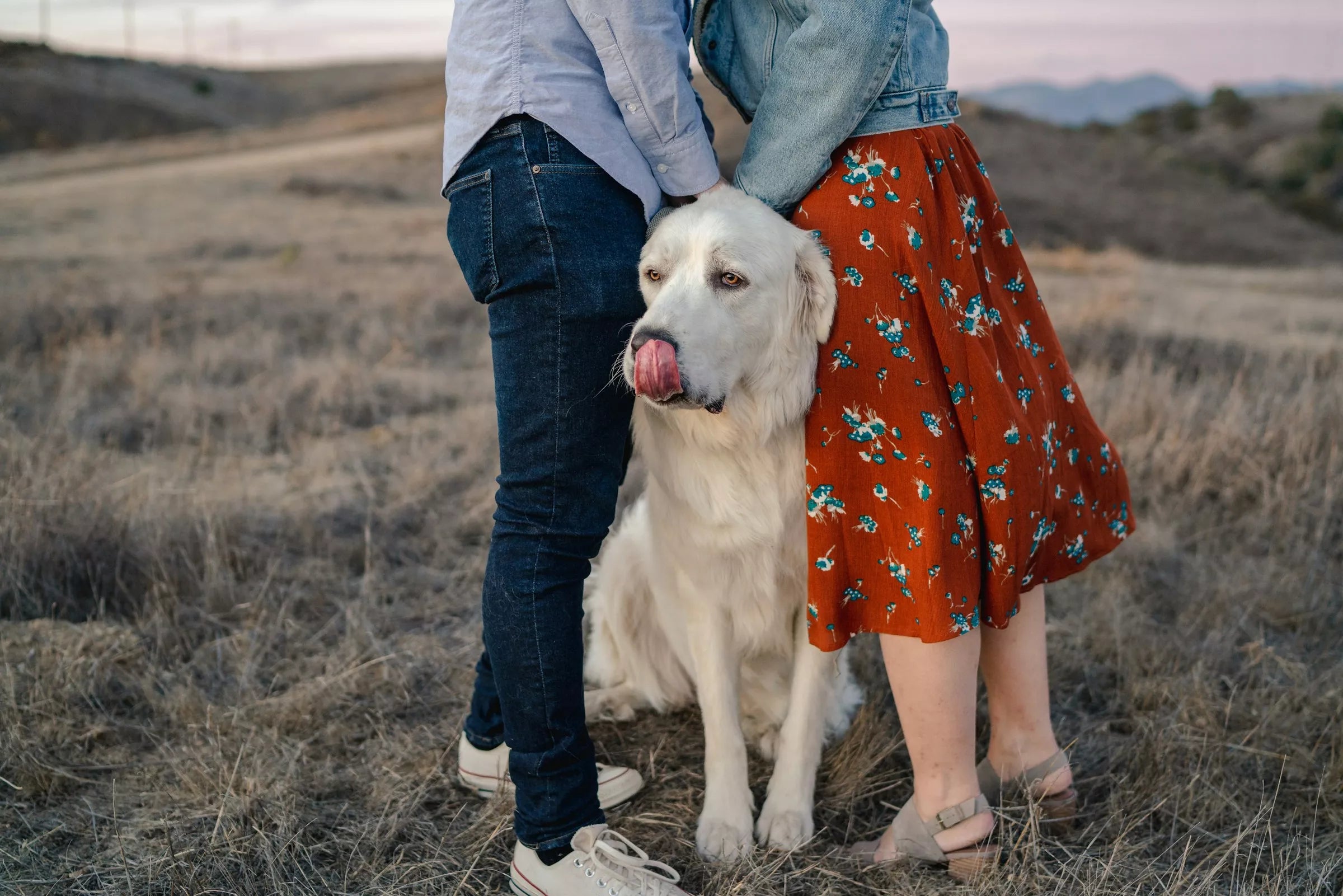
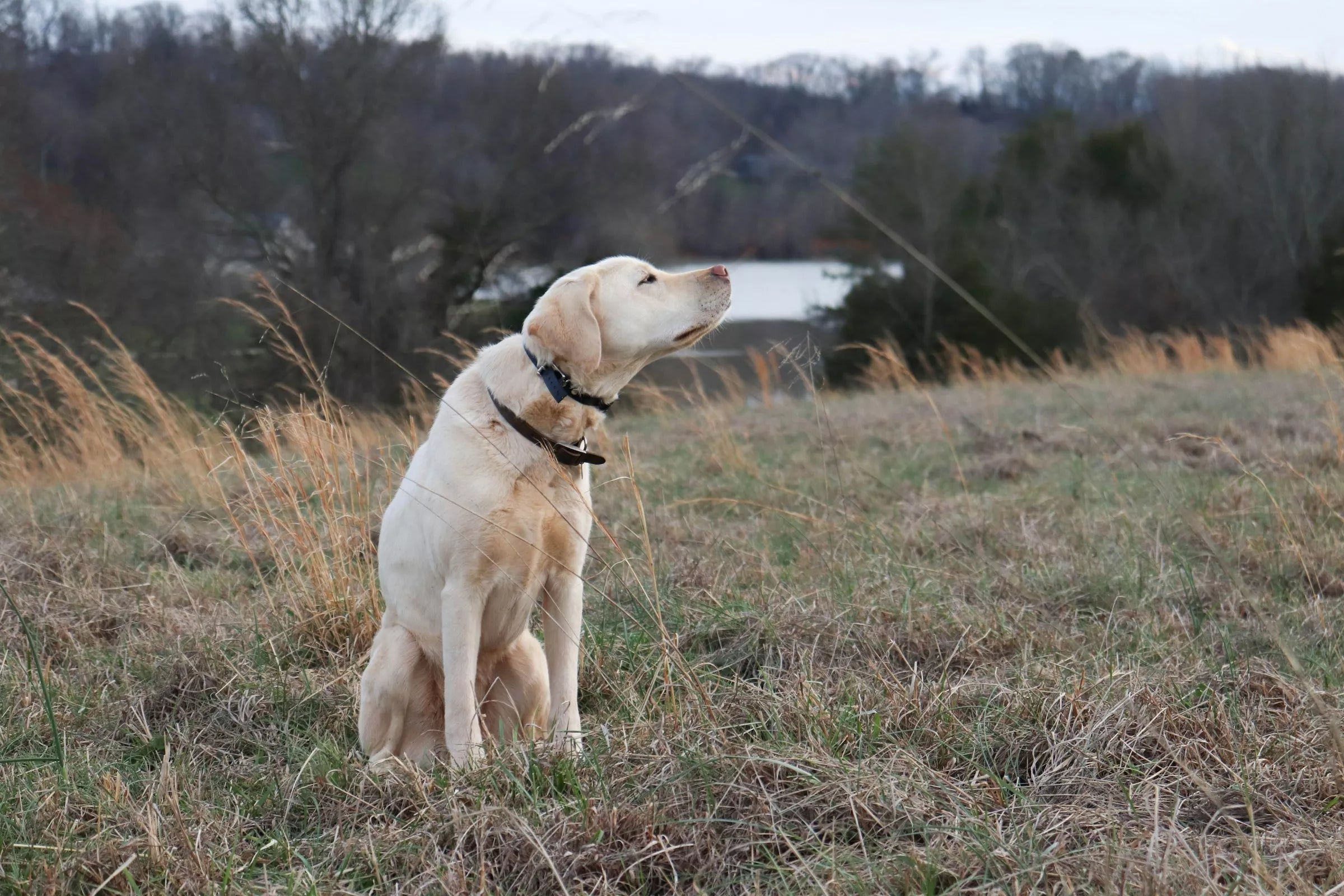
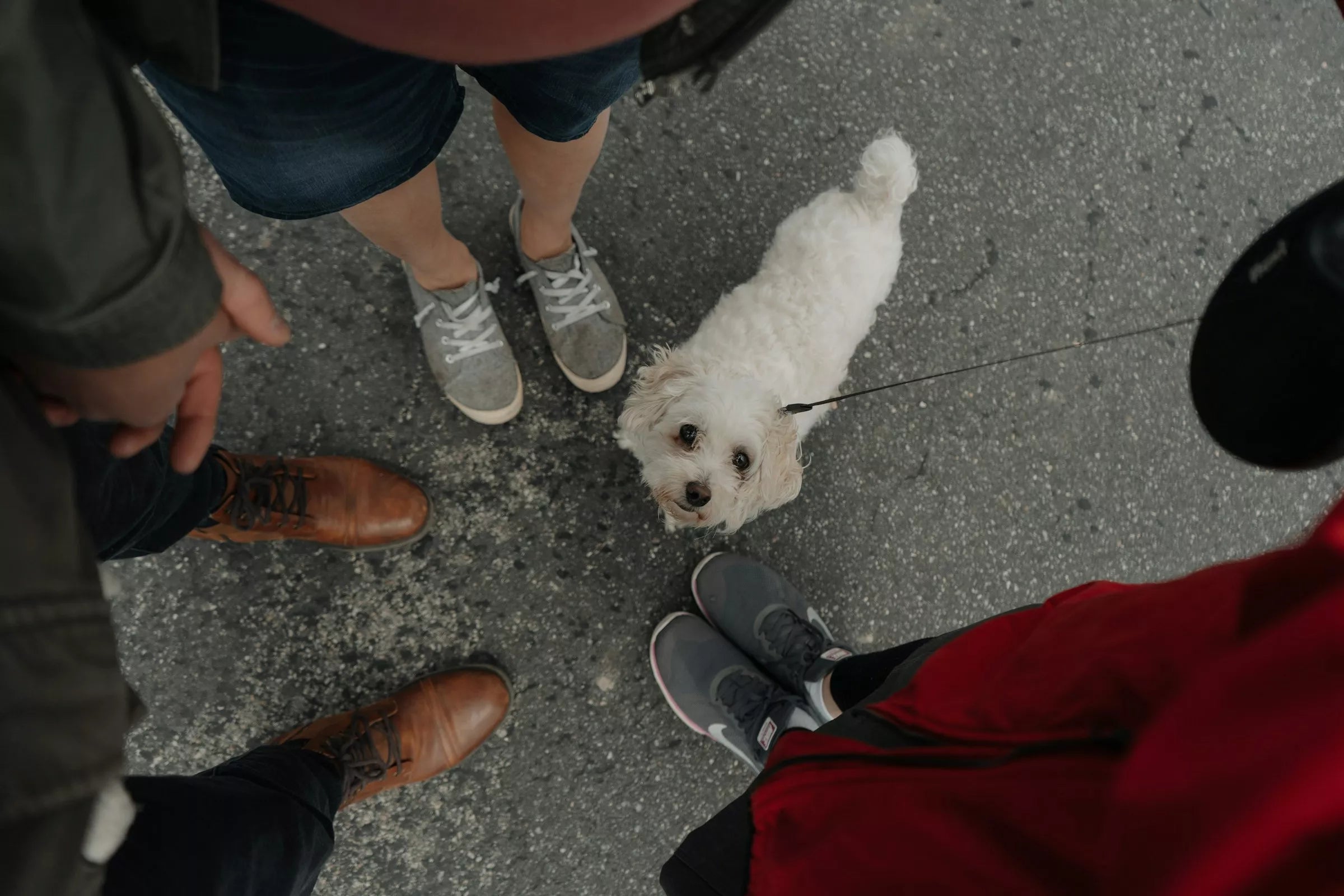
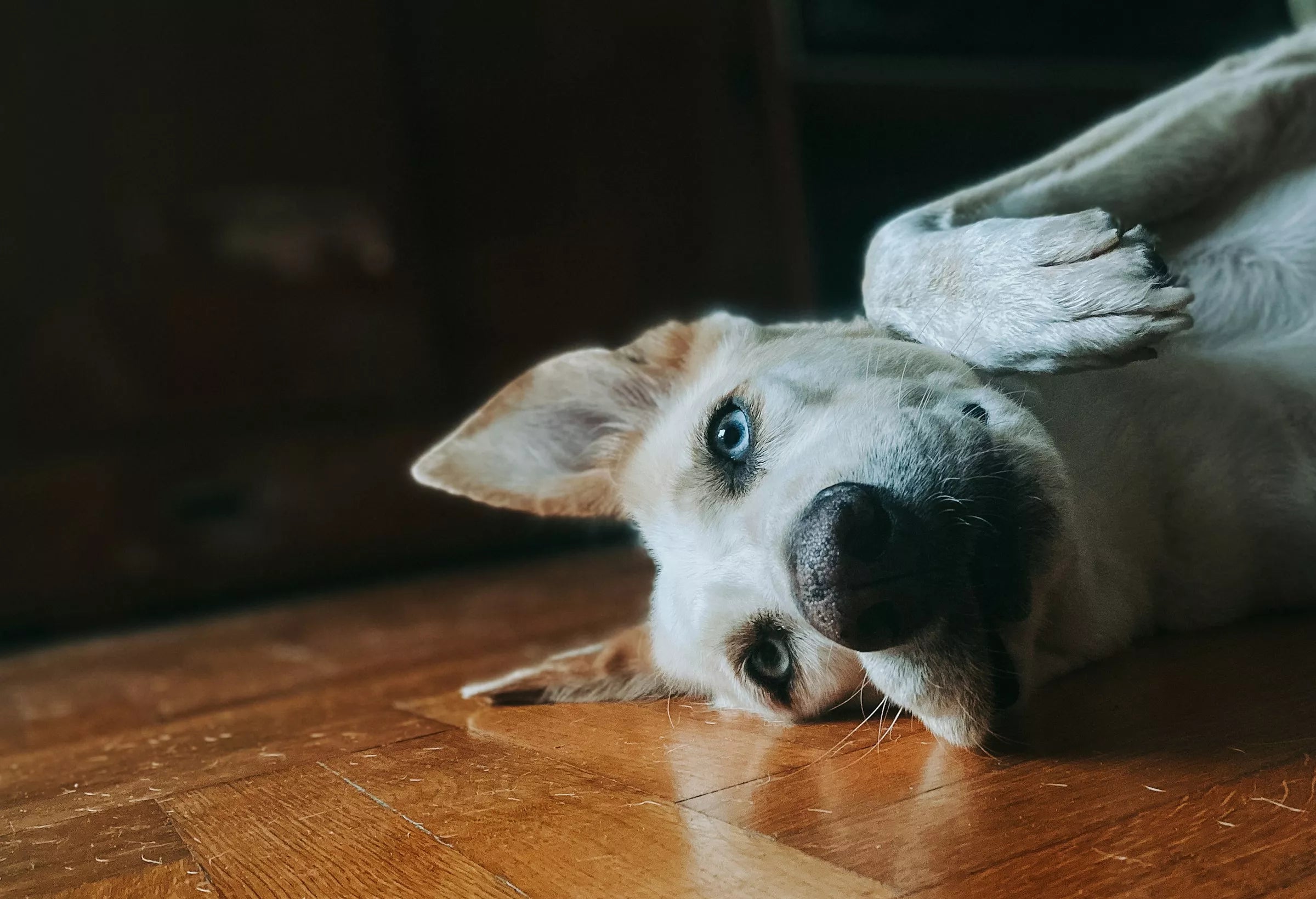
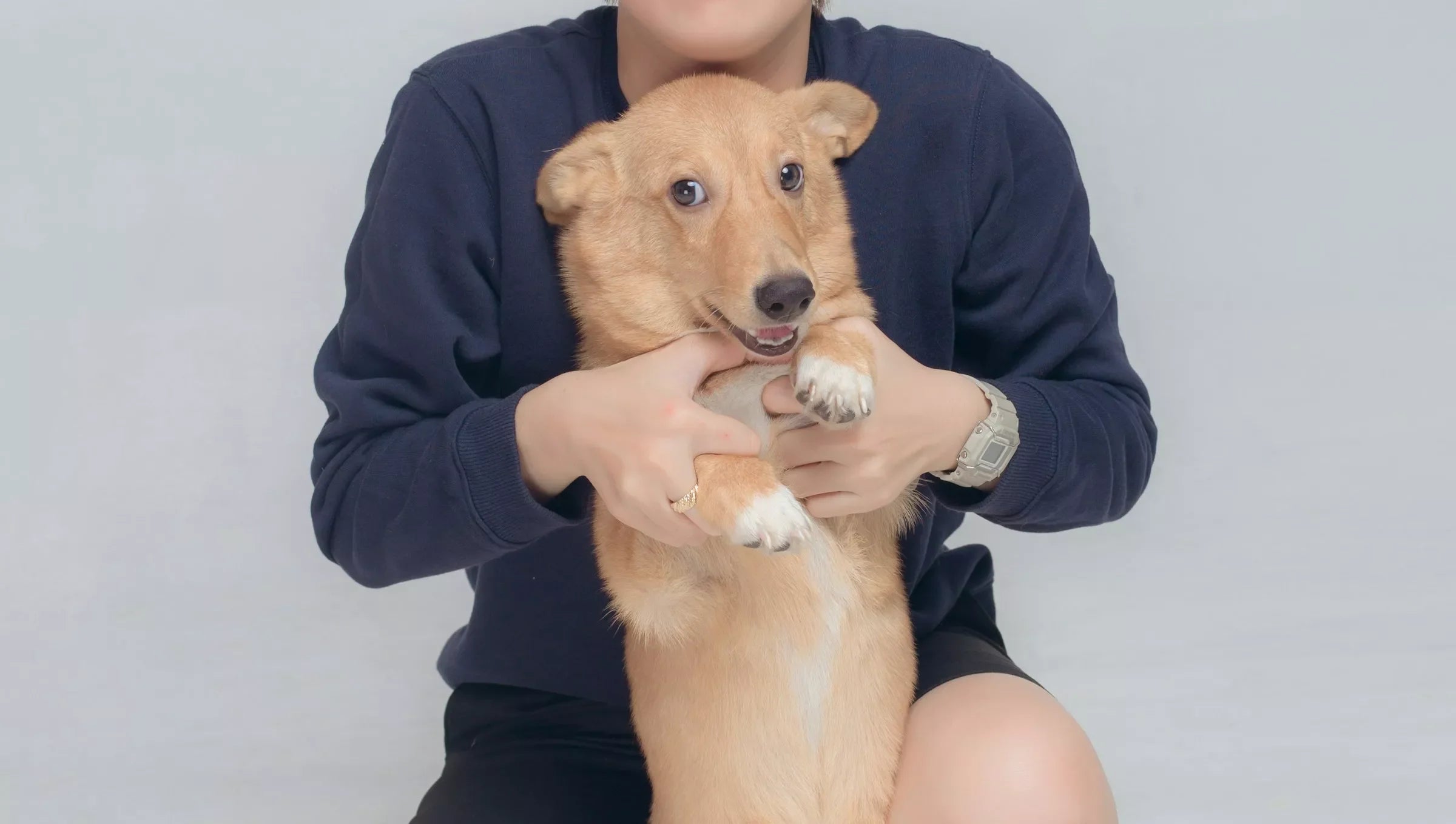
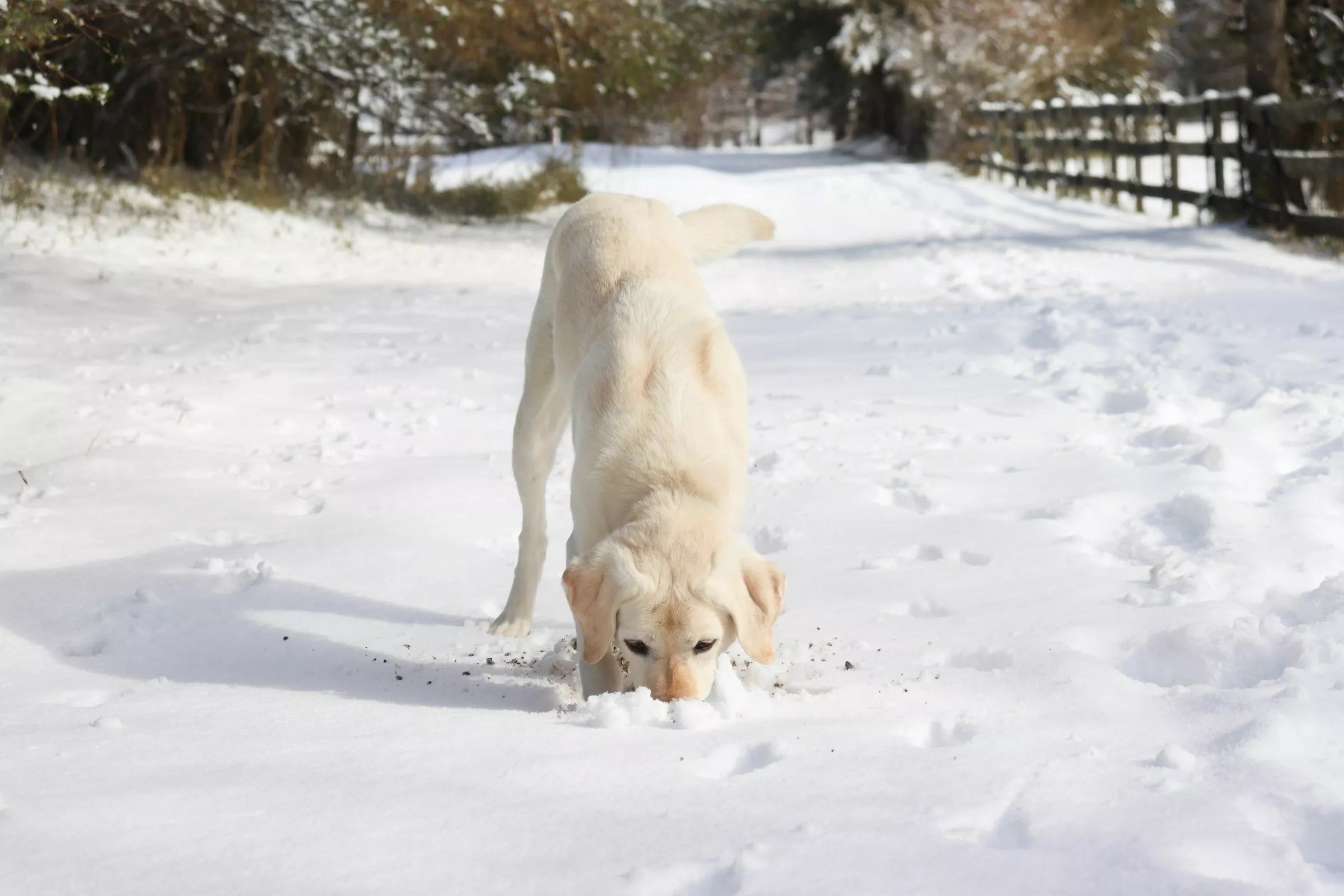






Share:
How to Travel with Your Dog: Tips for a Stress-Free Trip
5 Steps to Keep Your Dog Safe During Hot Weather